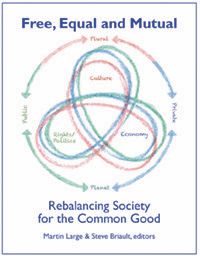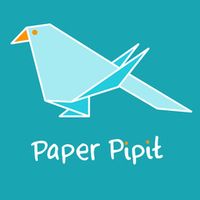Free, Equal and Mutual: Rebalancing Society for the Common Good
Free, Equal and Mutual is a centenary anthology that draws on Rudolf Steiner’s vision for a free, equal, and mutual society—a threefold commonwealth. Twenty cutting-edge articles by thirteen contributors show how the social threefold social order offers practical alternatives to the prevailing neo-liberal social order.
Currently, our market-dominated society is in meltdown, with resurgent nationalism, global warming, rising inequality, and blowback from wars. People feel precarious—angry and anxious about their jobs, homes, children, health, wellbeing, and identity. Left–right pendulum politics swing from “more market” to “more state.”
However, Rudolf Steiner’s social analysis offers a timely alternative for rebalancing society. The mobilization of cultural and social movements can push back the market from the captive state and from culture. How? Healthy boundaries are reasserted among the sectors of private business, the public state, and pluralistic culture, so that each leg of the three-legged stool that makes up society can pay to its strengths. This shapes a dynamic threefold society that is based on mutuality, equality, and freedom—for people and planet.
Rudolf Steiner (1863-1925) campaigned for societal renewal in the war-torn Germany of 1917-19, activated by the compelling need to create the conditions for lasting peace. He recognized that politics, economic life, and culture are very different spheres. A business, government department, and a school, for example have very different dynamics. He saw the self-determination of individuals as healthy but, prophetically, also saw the principle of national self-determination under the Versailles Treaty as a recipe for toxic nationalism and more war.
With contributions from two alternative Nobel prize winners—Sekem in Egypt and Nicanor Perlas, a Filipino biodynamic farmer and former presidential contendender—this anthology of 20 inspiring chapters draws on Steiner’s social thinking in practical ways—that is, ethical banking, land for people, and affordable homes, greening the Egyptian desert through Sekem, freeing schools, associative economics, increased democracy, and a biodynamic food revolution.
Free, Equal and Mutual offers food for thought and suggests action for those interested in finding and developing new ways beyond the tired old duopoly politics of the “free market” versus “nanny state,” and for those needing a practical societal map for successfully navigating a volatile, complex, and uncertain world.

